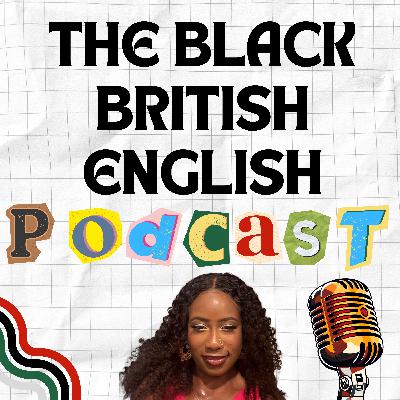Carnival Is Resistance: Soca, Creole, and the Politics of Joy at Notting Hill
Description
Last week, I found myself dancing to soca from Antigua 🇦🇬and without even meaning to, I started picking up words and phrases in Antiguan Creole. In this episode, I unpack that moment: how soca isn’t just music to move your body, but a living archive of language, culture, and identity. We’ll talk about what makes Antiguan soca unique, how artists weave creole into their lyrics, and why Carnival music can be such a powerful tool for learning and remembering Caribbean languages.
At Notting Hill Carnival, flags wave as loudly as the music — Antiguan red and black, Trinidadian red and white, Jamaican green and gold, and countless more from across the Caribbean. Each one is a claim to space, memory, and identity in the streets of London. It is the UK’s longest-running Black protest, born from resistance to racism and the fight for dignity.
In this episode, we explore how Carnival became a space of liberation through music, dance, and community. We dive into the power of soca as protest music that carries Caribbean history into the present, and how singing along becomes a way of learning creole languages shaped by survival, creativity, and solidarity. From the chants that echo down London’s streets to the linguistic play inside every lyric, Carnival shows us how art and language can resist, remember, and rebuild.





